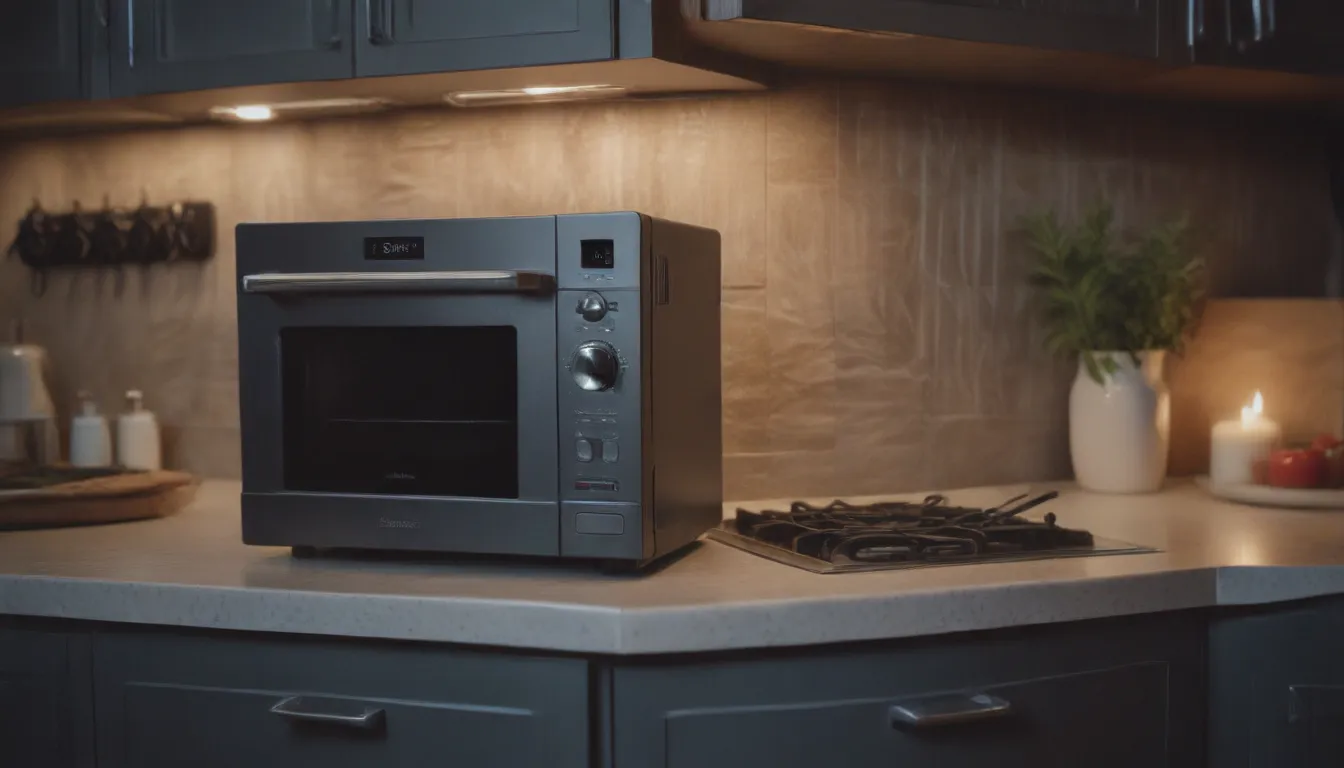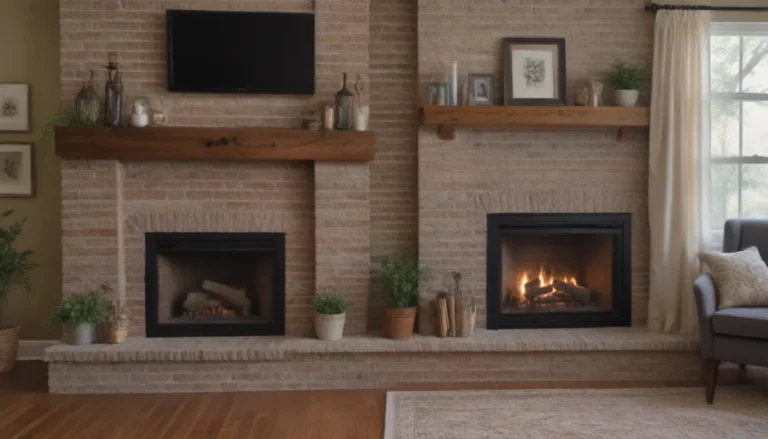Understanding Kitchen Electrical Code: A Comprehensive Guide

When it comes to residential electrical work, following the kitchen electrical code is not just about satisfying inspectors or obtaining permits. Instead, it’s about ensuring the safety and functionality of your kitchen space. By understanding the basics of kitchen electrical code, you can create a safer and more efficient kitchen environment for you and your family.
GFCI-Protected Small Appliance Circuit
- Requirement: All kitchen countertop outlets must be protected by Ground Fault Circuit Interrupters (GFCIs).
- Reason: GFCIs are designed to protect you from electrical shocks in wet areas like kitchens.
- Comments: Proper GFCI protection can prevent potentially dangerous situations in the kitchen.
Basic Lighting Circuit
- Requirement: A dedicated lighting circuit must be installed in the kitchen.
- Reason: Having a separate circuit for lighting ensures that your kitchen remains illuminated even if an appliance circuit trips.
- Comments: Proper lighting is essential for a functional kitchen space.
Distance Between GFCIs Over Countertops
- Requirement: GFCI outlets must be installed no more than 4 feet apart along the kitchen countertops.
- Reason: This ensures that there is easy access to GFCI protection throughout the kitchen.
- Comments: Proper spacing of GFCIs is crucial for kitchen safety.
Tamper-Resistant (TR) Outlet
- Requirement: Tamper-resistant outlets are required in all kitchen areas.
- Reason: TR outlets prevent children from inserting foreign objects into the outlet, reducing the risk of electrical shocks.
- Comments: Safety should always be a top priority when it comes to electrical outlets in the kitchen.
Countertop Section 12 Inches Wide or More
- Requirement: Every section of countertop that is 12 inches wide or more must have an outlet.
- Reason: This ensures that there are an adequate number of outlets for small kitchen appliances.
- Comments: Having outlets readily available on countertops makes using kitchen appliances more convenient.
Dishwasher Circuit
- Requirement: A dedicated circuit must be installed for the dishwasher.
- Reason: Dishwashers require a significant amount of power and should have their own circuit to prevent overload.
- Comments: Proper wiring for the dishwasher is essential for its efficient operation.
Garbage Disposal Circuit
- Requirement: A separate circuit is required for the garbage disposal.
- Reason: Garbage disposals draw a significant amount of power and should have a dedicated circuit.
- Comments: Proper installation of the garbage disposal circuit is necessary for its proper function.
Microwave Circuit
- Requirement: A dedicated circuit is recommended for the microwave.
- Reason: Microwaves are high-power appliances and should have their own circuit to prevent overloading.
- Comments: Having a dedicated circuit for the microwave ensures its efficient and safe operation.
Electric Range Circuit
- Requirement: An electric range should be on its dedicated circuit.
- Reason: Electric ranges require a substantial amount of power and should not share a circuit with other appliances.
- Comments: Proper wiring for the electric range is crucial for its safe and efficient usage.
The Importance of Kitchen Electrical Code
The U.S. National Fire Protection Association (NFPA) is responsible for creating and updating the National Electrical Code (NEC), which is then adopted by municipalities. While following electrical codes may seem tedious, they are designed by industry professionals to ensure the safety and efficiency of electrical systems.
For homeowners, understanding the electrical code requirements can help in creating a safe and functional kitchen environment. Regular updates to the code reflect the changing needs of modern kitchens. If you are renovating an older kitchen, you may be required to bring it up to current code standards to ensure safety.
In conclusion, complying with kitchen electrical code requirements is essential for creating a safe and efficient kitchen space. By following the guidelines outlined in the code, you can ensure the safety of your family and the functionality of your kitchen appliances. Remember, electrical codes are in place to protect you and your loved ones, so it’s important to adhere to them when working on any electrical projects in your kitchen.





